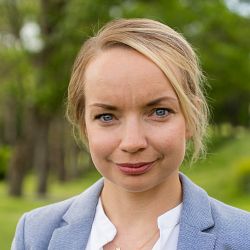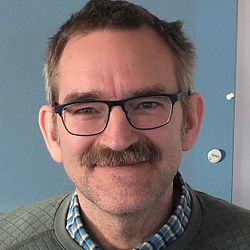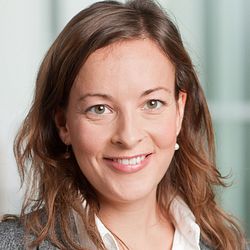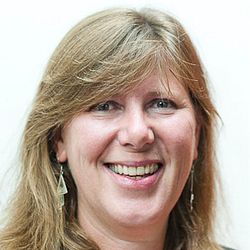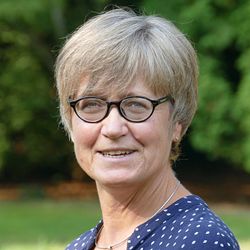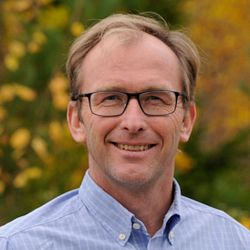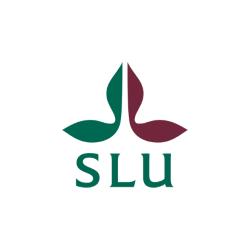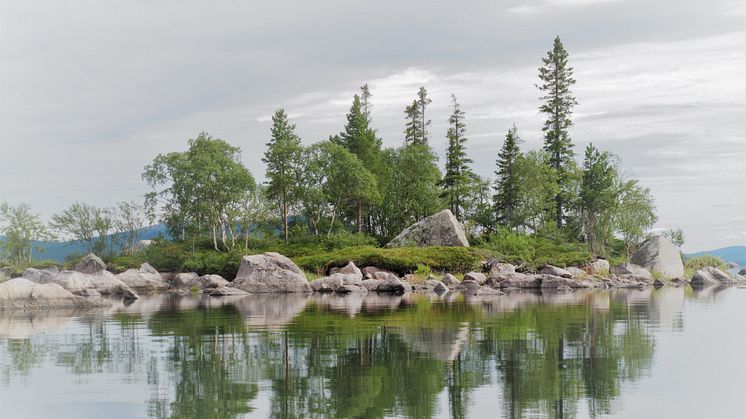
Pressmeddelande -
Loss of Biodiversity Affects Eco Systems Differently
There is increasing recognition that biodiversity loss in ecosystems can compromise the ability of ecosystems to function, for example through impairing productivity, biomass and cycling of nutrients. What remains largely unknown however is if the effects of biodiversity loss on ecosystems differs among different sorts of ecosystems, and why.
Meta-analyses, including a well-known one published in Nature in 2006, have claimed to show that the effects of biodiversity loss are consistent across contrasting types of ecosystems, but there are statistical problems with these analyses that could have undermined the conclusions.
In a study published today in the journal Nature,researchers from the Swedish University of Agricultural Sciences (SLU) in Umeå, provided evidence from an experiment that has been running for 20 years, that there is considerable variation among ecosystems in how plant biodiversity loss impacts on total plant biomass, and how these impacts vary over time. Dr. Paul Kardol, Dr. Nicolas Fanin, and Prof. David Wardle found that the effects of biodiversity loss on biomass decreased over the 20 years of the experiment because remaining species compensated for those that are lost, but importantly that this compensation varied among ecosystems and was greatest when soil fertility and production was lowest. They also found that destabilizing effects of biodiversity loss on plant biomass were lowest in the least productive ecosystems.
For this study, the researchers used a model study system consisting of 30 lake islands in the boreal forest of Sweden (lakes Hornavan and Uddjaure, Arjeplogs kommun) each of which serves as a separate, independent ecosystem; these ecosystems vary greatly in soil fertility and productivity because they vary in the time since the last wildfire. In 1996, Prof. Wardle set up experimental plots on each island in which plant species (blueberry, lingonberry, and crowberry) were removed in various combinations to simulate biodiversity loss, and has then measured plant biomass on each of these plots for each of the following 20 years. This experiment serves as the longest running across-ecosystem biodiversity manipulation experiment in existence, and is still ongoing.
In total, this study provides the strongest evidence yet that, contrary to some recent claims, ecosystem-level consequences of biodiversity loss are not consistent across ecosystems and that understanding and forecasting these consequences necessitates taking into account the overarching role of environmental context.
Article in www.nature.com :
Kardol, P., N. Fanin & D.A. Wardle (2018). Long term impacts of species loss on community properties across contrasting ecosystems. Nature, doi: 10.1038/s41586-018-0138-7
Contact:
Paul Kardol, SLU Umeå, paul.kardol@slu.se, tel +46-(0)90-786 83 98
